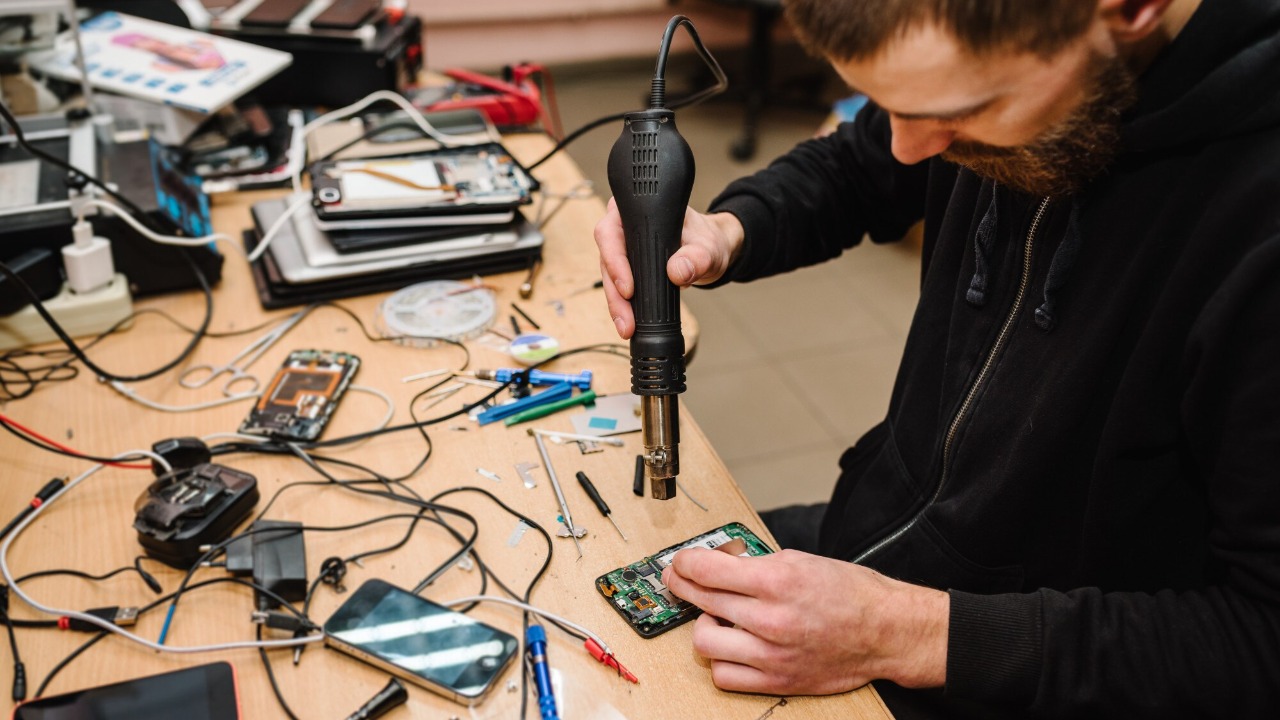In the world of scientific research, open electronics has emerged as a significant game-changer. This revolutionary development is democratizing the scientific community by fostering a maker culture, thus enabling researchers to leverage innovative technologies and explore uncharted territories of scientific discovery.
The Concept of Open Electronics

Essentially, open electronics refers to the design and implementation of electronic systems whose specifications are openly available to the public. These include both the software and hardware components, promoting transparency, accessibility, and collaboration. Open-source software and hardware play a pivotal role in open electronics, enabling enthusiasts and professionals alike to modify, adapt, and improve upon the designs as they see fit. This, in turn, fosters a sense of community, where ideas, insights, and improvements are freely shared and built upon.
Open electronics is intrinsically linked to the democratization of science. By making technology accessible and understandable to a wider audience, open electronics empowers individuals to participate in scientific exploration and innovation. It breaks down the barriers that previously limited the pursuit of science to a select few, fostering a more inclusive scientific community. Studies have shown that this democratization not only fuels scientific progress but also promotes diversity, creativity, and critical thinking in the scientific community.
The Rise of the Maker Culture in Research

The maker culture, characterized by individuals employing do-it-yourself (DIY) techniques and processes to develop unique technology-based products, has found a place in scientific research. This culture, rooted in the principles of open-source, innovation, and collaboration, has led to the development of novel research methodologies and tools. Researchers adopting this culture are exploring previously inaccessible realms of science, fundamentally transforming the research landscape.
Maker culture intersects with scientific research in several ways. For instance, researchers are increasingly leveraging open-source tools and platforms to conduct experiments and gather data. Notable examples include the development of low-cost, open-source lab equipment like a robotic pipetting system and the use of open-source software for data analysis and visualization. These developments are enabling researchers to conduct complex research at a fraction of the traditional cost, thereby democratizing access to scientific research.
Open Electronics in Practice: DIYbio Movement

The DIYbio movement is a prime example of open electronics in action. This movement, which encourages individuals to engage in biological experimentation outside traditional laboratory environments, has been significantly influenced by open electronics. DIYbio enthusiasts leverage open-source hardware and software to create affordable and accessible lab equipment, enabling amateur biologists to conduct advanced research.
Open electronics has had a profound impact on the DIYbio movement. By providing affordable tools and platforms for biological experimentation, open electronics has democratized access to biological research. This has challenged traditional boundaries in biological research, empowering individuals to contribute to scientific discovery. An article on The Conversation delves into how the DIYbio movement, fueled by open electronics, is disrupting conventional scientific research paradigms.
Impacts and Challenges of Open Electronics in Scientific Research

Open electronics has numerous benefits for scientific research. Apart from democratizing access to scientific tools and techniques, it also fosters a culture of collaboration and transparency. Researchers can share their innovations, receive feedback, and build upon the work of others, thereby accelerating scientific progress. Additionally, the ability to customize and adapt open-source tools allows researchers to tailor their research methodologies to their specific needs.
However, the integration of open electronics in scientific research also poses certain challenges and potential risks. For instance, the quality and reliability of open-source tools can vary significantly, which can impact the accuracy and reliability of research results. There are also ethical considerations surrounding the use of open electronics in research, particularly regarding the potential misuse of technology for harmful purposes. A paper on arXiv discusses these ethical considerations in detail, highlighting the need for clear guidelines and regulations.
Future Directions: Open Electronics and the Evolution of Science

As the field of open electronics continues to evolve, it is poised to shape the future of scientific research in several ways. Emerging trends, such as the increasing use of open-source artificial intelligence (AI) tools in research, suggest a future where open electronics plays a central role in scientific exploration and discovery.
Furthermore, open electronics has the potential to foster more inclusive and collaborative scientific communities. By making scientific tools and methodologies accessible to all, it can democratize science, allowing individuals from diverse backgrounds to contribute to scientific discovery. This could lead to a more equitable scientific community, where ideas and innovations are valued based on their merit, rather than the credentials of their creators.